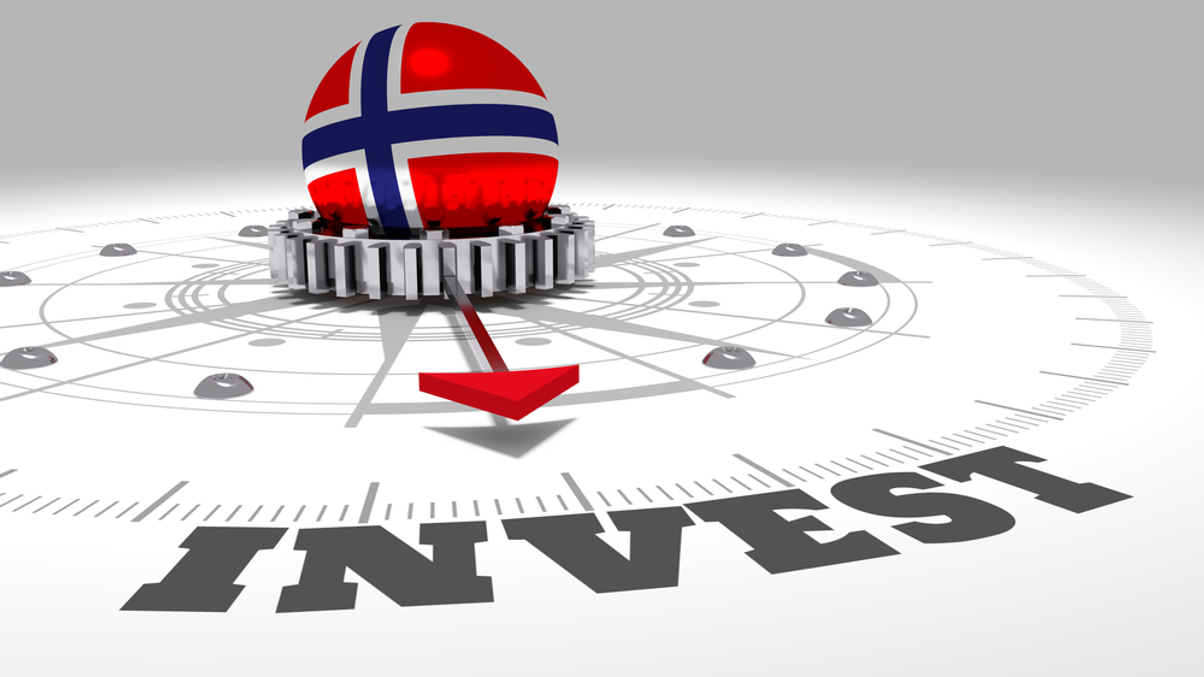Chart: Norway wealth fund's India stock exclusions until Adani crisis
The world's largest sovereign wealth fund recently said it had no more investments in the crisis struck Adani Group. AsianInvestor takes a look at other Indian stocks the fund has removed from its portfolio since 2010.

Norway's $1.4 trillion sovereign wealth fund, Government Pension Fund Global, recently said it sold its remaining shares in the Adani Group of companies it was hit by a short-seller report that alleged accounting fraud and other financial irregularities.
Sign in to read on!
Registered users get 2 free articles in 30 days.
Subscribers have full unlimited access to AsianInvestor
Not signed up? New users get 2 free articles per month, plus a 7-day unlimited free trial.
¬ Haymarket Media Limited. All rights reserved.


